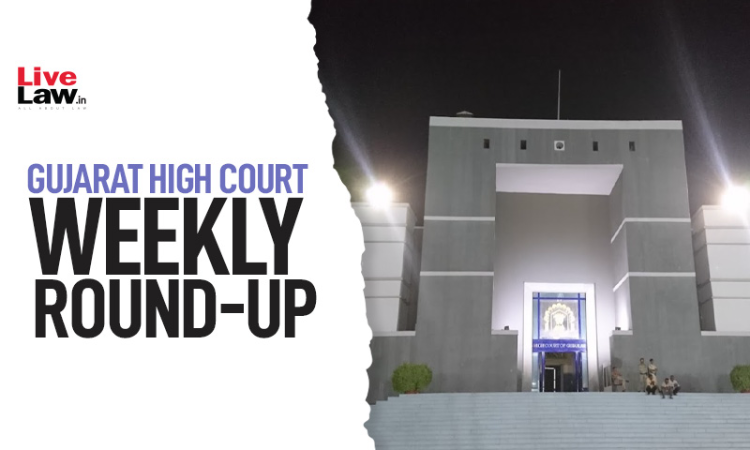- Home
- /
- High Courts
- /
- Gujarat High Court
- /
- Gujarat High Court Weekly Roundup:...
Gujarat High Court Weekly Roundup: May 6 - May 12, 2024
Bhavya Singh
15 May 2024 11:23 AM IST
Nominal Index [Citations: 2024 LiveLaw (Guj) 60-65]Executive Engineer - Uttar Gujarat Vij Company Ltd Versus Patel Rasikbhai Rangabhai & Anr. 2024 LiveLaw (Guj) 60 Kiranbhai Harkishandas Patel Alias Kiranbhai Harkishandas Bhandari vs M/S Meet Chetans Private Limited 2024 LiveLaw (Guj) 61 Naran Devashi Meheshwari & Anr. Versus State Of Gujarat & Ors. 2024 LiveLaw (Guj) 62...
Next Story



